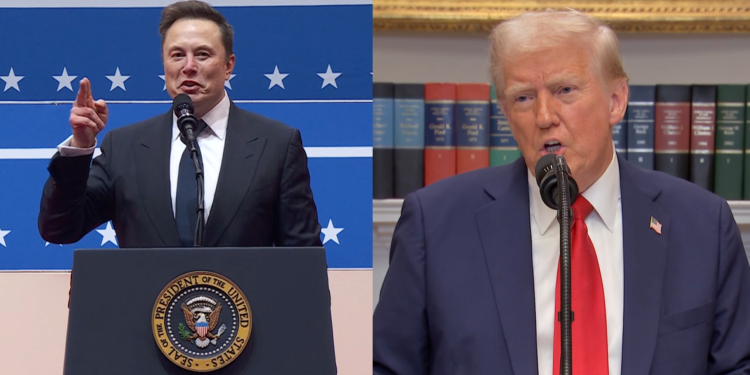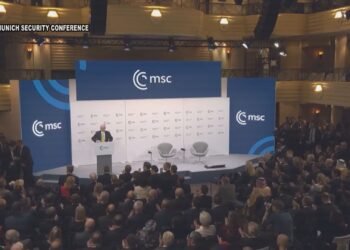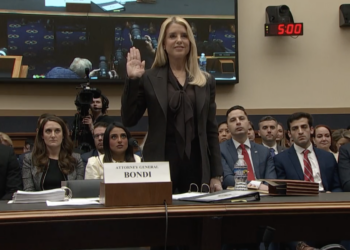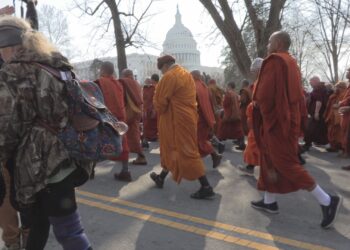By Brendan Scanland
WASHINGTON, D.C. — Roughly two million federal workers around the country have been eagerly awaiting a Massachusetts federal judge’s decision on legality of the Trump administration’s federal employee buyout offer.
Monday afternoon, U.S. District Judge George O’Toole extended his temporary block from Thursday, preventing the Trump administration from implementing its federal employee buyout program, for now.
As of Monday afternoon, O’Toole did not provide a timeline for a final ruling. Monday’s news is a temporary victory to labor unions who challenged the buyout plan soon after it was unveiled to employees.
Monday’s hearing comes about two weeks after the U.S. Office of Personnel Management (OPM) emailed federal employees, offering them the chance to return to their jobs in person, or to resign and receive pay through September.
The “deferred resignation offer” is part of the sweeping efforts by President Trump and Elon Musk to overhaul the federal government.
Administration officials say the goal is to have between 5-10% of the federal workforce quit. The White House estimates it would save roughly $100 billion.
More than 60,000 federal employees had reportedly already accepted the buyout as of last week.
Last Thursday, Judge O’Toole, appointed by President Bill Clinton, temporarily blocked the buyout until the Feb. 10 hearing.
In response to the nationwide injunction on Thursday, the Office of Personnel Management (OPM) shifted the buyout deadline to Monday, Feb. 10 at 11:59 p.m. and said the buyout “is not being blocked or canceled.”
Monday’s extension will likely push back the deadline, again. As of 5:30 Monday evening, OPM’s website still listed Monday, Feb. 10 at 11:59 p.m. as the deadline for federal civilian workers to decide.
According to 2024 data from the Congressional Research Service, there are 29,610 federal workers in Michigan.
This legal challenge over the buyout plan is one of several mounting against the Trump administration’s efforts to downsize the federal government. Legal challenges have also been brought in response to the administration’s efforts targeting birthright citizenship, USAID and the federal aid funding freeze, among several others.










